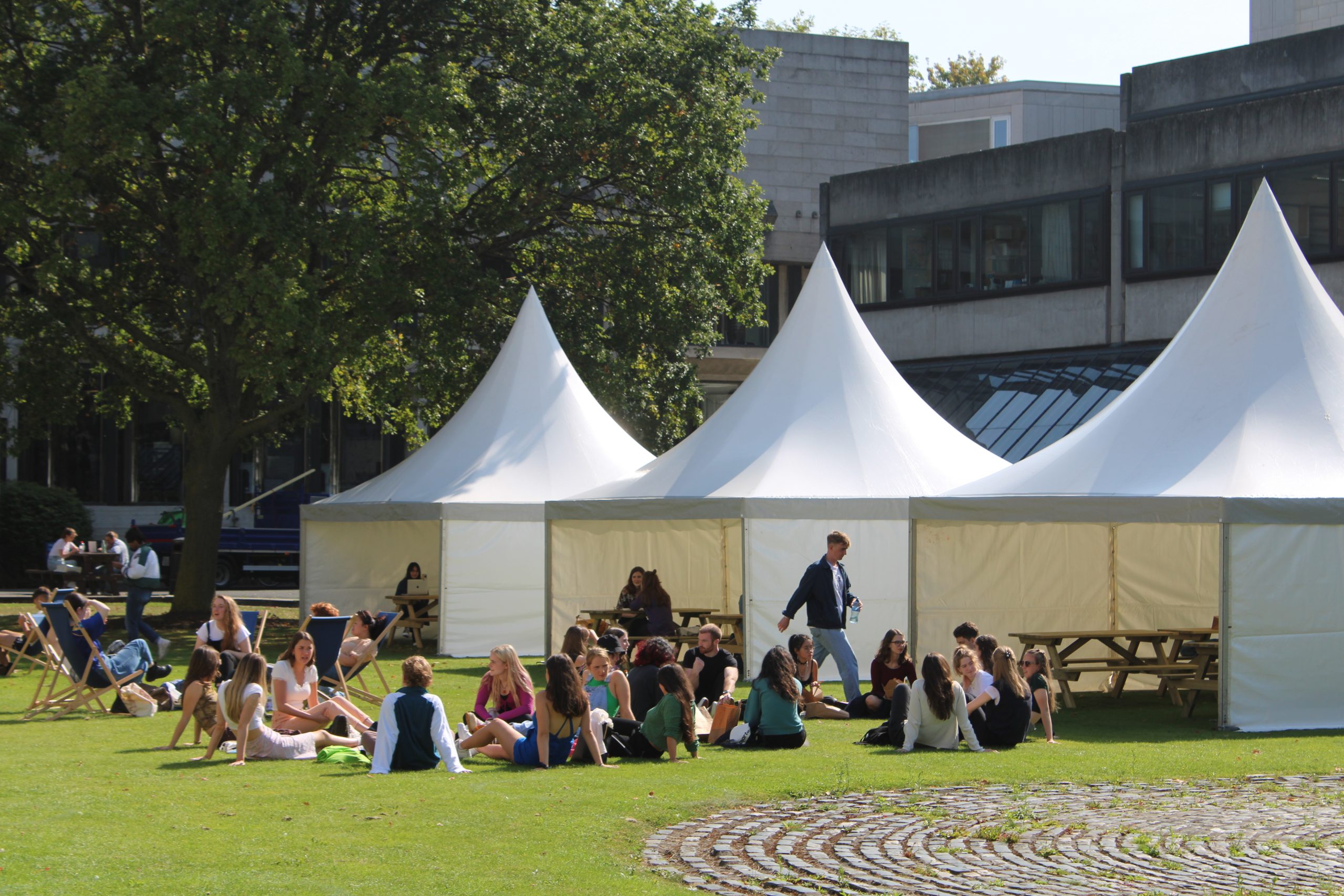Last week, College saw its second phase of reopening, as students returned to campus after reading week to increased face-to-face classes and greater social mobility within campus. However, this has corresponded with a rise in cases, the likes of which have not been seen since the beginning of the year, when cases spiked at 8000. It is interesting to reflect on what exactly has changed for students and staff, and whether as a college we will manage to keep campus fully open throughout the winter.
By far the most dramatic change for students has been the level of face-to-face teaching now available. Trinity has been criticised from both within and outside of College for its comparatively cautious approach to reopening. This two stage strategy was justified by Provost Linda Doyle in an email in August, in which she said that Trinity’s location in the city centre, as well as its small size meant it would not be safe to immediately return to almost full capacity, as other universities had done. This was met with criticism from some students, including Students4Change, who organised a protest in Front Square, demanding a full return to on-campus learning, or a refund of the student contribution.
However, it appears the second phase of reopening has proceeded largely as intended. Students are no longer required to swipe in at College entrances, and the majority of lectures have been moved to face-to-face, allowing students to go back to a College that closely resembles pre-pandemic times.
As Covid-19 cases continue to rise, there are concerns that this may threaten the longevity of a return to normal campus life. For example, last week it was reported that lecturers were concerned with the lack of CO2 monitors in teaching spaces. Speaking to the University Times, the chair of Trinity’s branch of the Irish Federation of University Teachers (IFUT), John Walsh commented on the lack of these monitors, saying there were significant concerns that rooms lacked proper ventilation.
While Walsh commented that College intends to roll out these monitors, it is highly concerning that these devices have not been implemented halfway into term. Although Trinity’s second phase of reopening has, for the most part, run smoothly, such oversights may be a cause for concern going forward.
Last week saw good news concerning growing freedom for students living in on-campus accommodation. Residents were recently informed that they would be permitted to have overnight guests and approved parties. This rule was implemented from November 1, following lobbying by Trinity College Dublin Students’ Union (TCDSU).
TCDSU wrote on their Instagram page that “After extensive lobbying by the SU, College has revised their COVID accommodation regulations and overnight guests will now be permitted, as will approved parties from November 1.”
This marks a significant shift towards a return to normality for students living on campus.
However, as we head into what is likely to be a turbulent winter, it will be vital for students to remain conscious of the public health advice that rendered the slow reopening of society possible. The high vaccine uptake amongst students and young people generally, as well as more general adherence to public health advice, has played a significant role in creating a safe environment in Trinity. It will be this kind of responsible mentality that will allow campus to remain open. Students should not forget the time and effort it took to get to this point following the closure of campus in March 2020. With regards to accommodation in particular, where students will now be allowed to host social events, it will be crucial to remember the common sense and vigilance that will allow this freedom to remain a reality.






